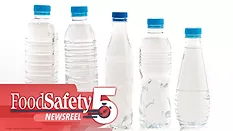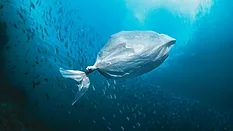
Physical
Physical contamination of food and beverages encompasses foreign material that makes its way into product at some point during growing, harvesting, storage, manufacturing, processing, or distribution.
Articles
More ArticlesPodcasts
More PodcastsNever miss the latest news and trends driving the food safety industry
Newsletters | Website | eMagazine
JOIN TODAY!Copyright ©2026. All Rights Reserved BNP Media.
Design, CMS, Hosting & Web Development :: ePublishing



